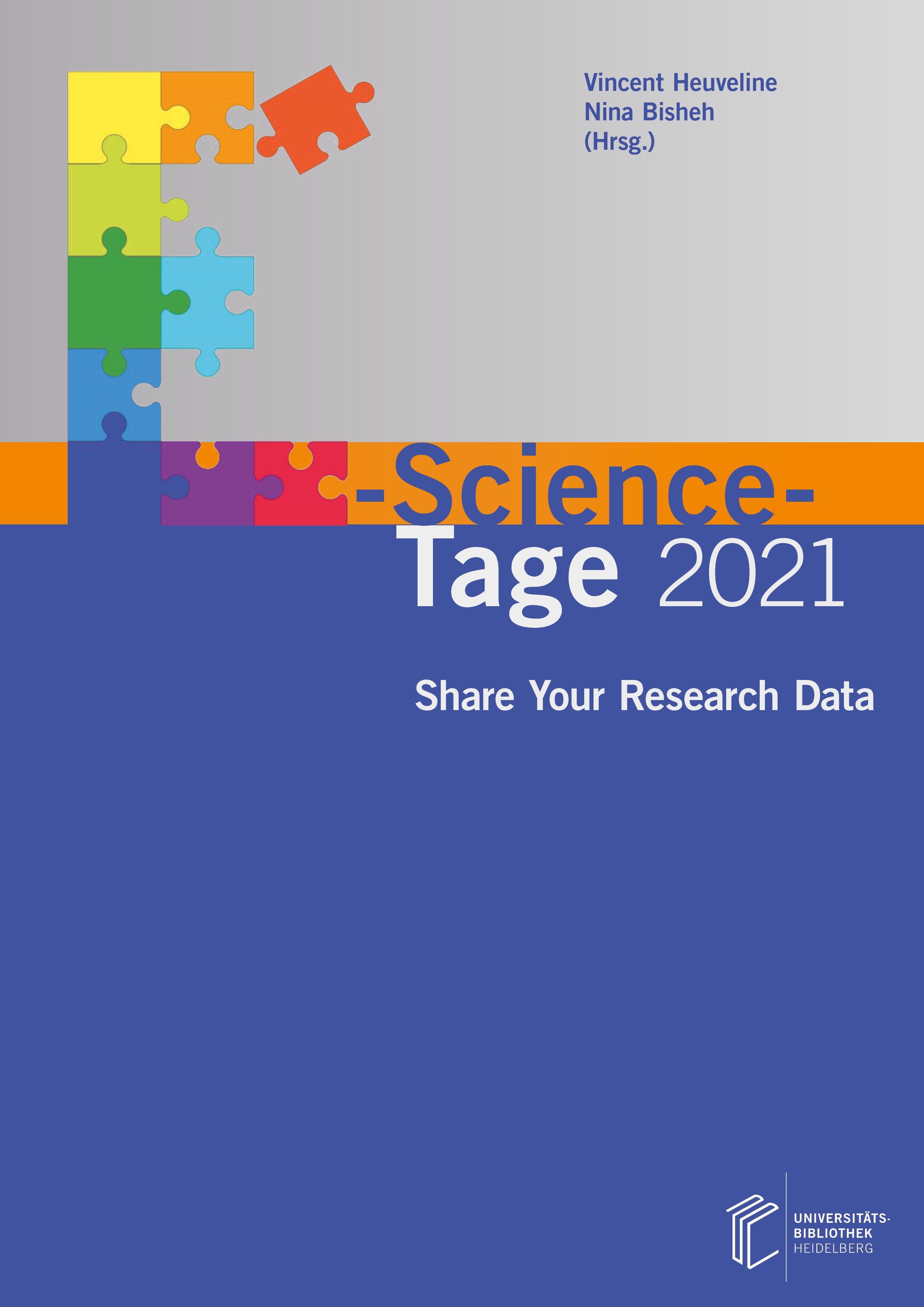Zitationsvorschlag
Lizenz (Kapitel)

Dieses Werk steht unter der Lizenz Creative Commons Namensnennung - Weitergabe unter gleichen Bedingungen 4.0 International.
Identifier (Buch)
Veröffentlicht
Transparently Safeguarding Good Research Data Management with the Lean Process Assessment Model
In the last years, research data management moved into the spotlight of the scientific community. Organizations like the DFG and projects like FDMentor updated their guidelines to include current research software and data developments, while concepts like FAIR publishing gained traction interdisciplinarily. However, research guidelines often either take an abstract policy-driven perspective or solely focus on practices that, by omitting the underlying principles, become obsolete as the state-of-the-art advances. When looking at quality and evaluation methods in the industry, especially in systems and software development, models like CMMI, SPICE, or Six Sigma take a holistic approach by combining a process or life cycle perspective, clear goals, and target-oriented practices. These models were created with industrial processes in mind and applying them to research projects directly is counterintuitive. We developed a Lean Process Assessment Model (LPAM) for research software and data that adheres to the CMMI framework. CMMI allows individual practices to be replaced by equivalent ones if they are suitable for achieving the overall objective. This framework allows LPAM to stay up-to-date, even when the state-of-the-art advances. Together with interviews and discussions, existing guidelines and practices were analyzed and grouped into processes and goals. LPAM was developed with continuous researcher feedback. This procedure resulted in a discipline-agnostic model to manage and assess research projects, chairs, or organizations. The different processes were assigned to CMMI’s Maturity Levels, which rank each process’s priority and give a clear improvement path. The model helps researchers in balancing goals and practices in their work. For assessing the state of a research project, we propose a peer-review based procedure that is intuitive and well-established for researchers. We are convinced that LPAM narrows the gap between goals, principles, and practices and is a suitable tool to safeguard good research data management transparently.



